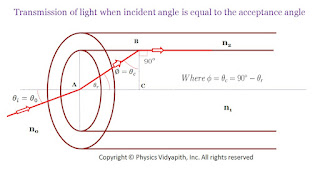Light and its properties
The basic definition of Light:
Light is a form of energy that produces the sensation of vision in the eye by which we can see objects.
There are some facts about light as follows:
1. Lightwave moves along a straight line path.
2. Light waves can travel through vacuum and medium both.
3. Light is an electromagnetic wave.
4. A light wave is the transverse wave in nature.
5. Light can be dispersed.
Besides these facts, light also shows the phenomenon of interference, diffraction, polarisation photoelectric effect, etc.
To explain the above facts, many principles have been given from time to time, e.g., Newton's corpuscular theory, Huygen wave theory, Maxwell's principle of electromagnetic wave, Planck's quantum principle, dual nature of light, etc.

